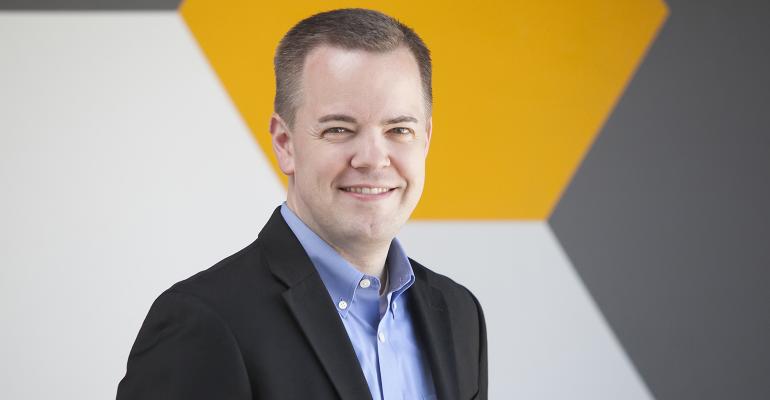On Monday, Riskalyze, a Sacramento-based risk analysis technology firm, announced a $20 million influx from FTV Capital.
It was Riskalyze’s first round of outside funding, and CEO Aaron Klein said in a press release that it would be used to improve and expand the company’s growing line of products, including the core Riskalyze product, the Autopilot robo advisor platform and the Compliance Cloud, an analytics service.
The deal also brings FTV Capital Managing Partner Brad Bernstein onto Riskalyze’s board of directors.
Many of Riskalyze’s clients are independent Registered Investment Advisors, a group that tends to get nervous when outside financial services firms become involved with the products they use. Looking to learn a little more about the deal, WealthManagement.com got Klein on the phone to ask more about the funding.
WealthManagement.com: You’ve noted how well Riskalyze has been growing as a company organically and is constantly announcing new partnerships. Why turn to outside capital now?
Aaron Klein: We felt it was time to accelerate our innovation and products for our customers. We did not raise this capital because we needed it; we raised it because there were very specific things in our product roadmap that we knew we could accomplish faster if we grew the company more aggressively and invested in products. That’s where a lot of our investment is going to go, to doubling our product and engineering teams over the next two quarters.
WM: You mentioned investing aggressively, does that mean we can expect Riskalyze to make any acquisitions of its own?
AK: I wouldn’t rule out acquisitions, but I don’t think we have any direct plans right now. We’ve proven that we’re really good at innovating within our four walls. I wouldn’t rule it out—everything is on the table—but there are no specific plans at this time.
[We will also] invest deeply in the service experience that we deliver to our customers. We’ve already leap-frogged the industry with our live chat support. We continue to accelerate those kinds of game-changers when it comes to support experience. [We will] double-down on our investment in advisor coaching. We’ll deliver hundreds of one-on-one coaching sessions with our advisors, to help them drive the risk number deeper into their business.
WM: Why FTV Capital?
AK: We’re really excited about the relationship with FTV because they’re making a very substantial commitment to us. While it’s a minority investment, it’s a very substantial investment and it comes with a long-term commitment, and we were looking for a great long-term partner to help build the company.
[FTV was] one of the first investors in Financial Engines and guided that company all the way to an IPO. They were invested for 13 years.
One of our core values is that we’re building a 100-year company. We think long term, and we couldn’t think of a better fit than FTV for long-term value.
WM: So does that mean Riskalyze has it own plans for an IPO eventually?
AK: I don’t think that we’ve figured out exactly what that outcome will look like. The market and our customers will ultimately determine where we go. We’re not looking to sell, so whether that’s an IPO or the new version of the IPO, the SPL, or “stay private longer.” I’m confident that we’ll chart the right course for the company in the future. But can’t say that we’ve ultimately decided how that will play out.
WM: In the past you’ve noted that robos relying on venture capital was a negative mark on their business model, but now you’re turning towards it yourself. How does that work?
AK: The number one thing you should look at is the difference between venture capital and growth equity.
Venture capital is looking for you to be the next Snapchat, or the next nothing. “We need you to be a billion-dollar company or a zero-dollar company.” That’s the story of venture capital.
Growth equity is investing in a business that is already working. A business model that’s seen tremendous growth and can accelerate that pace of growth by putting more capital into the machine. There’s a big distinction there, between trying to use venture capital to try to create a business model that doesn’t exist yet versus using growth equity to accelerate a business model that’s already working.
WM: So with this kind of investment, does Riskalyze have any plans to invest in the new Golden 1 Arena where the Sacramento Kings play?
AK: Of course that was the first question many employees asked: When do we get the luxury box at the news Kings arena? I’ll just smile and say: We’re going to invest the capital and you’ll know we’re seeing returns on it when we sponsor the new arena.





